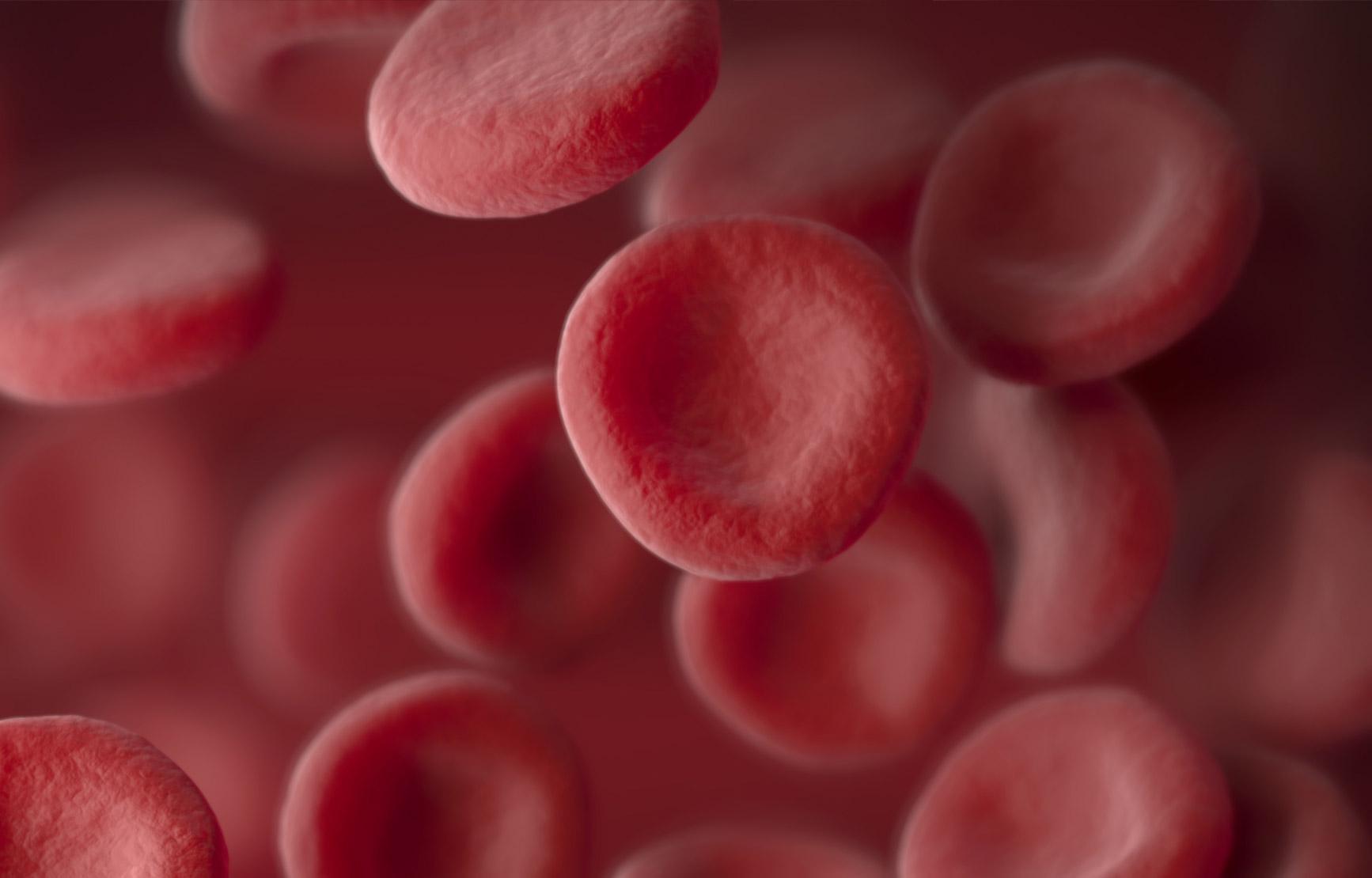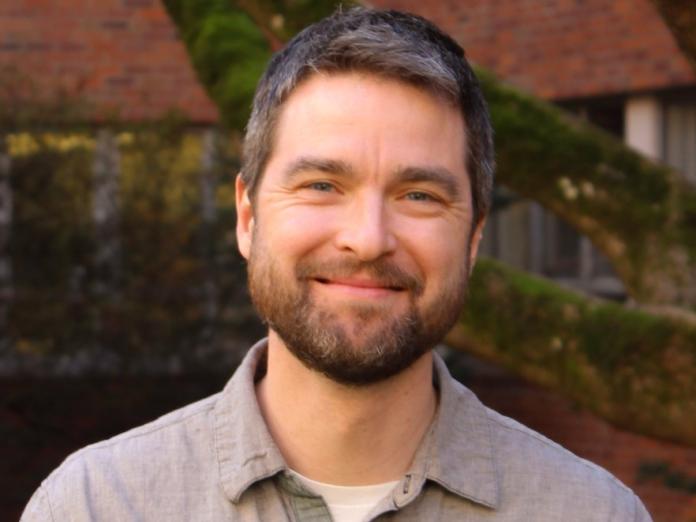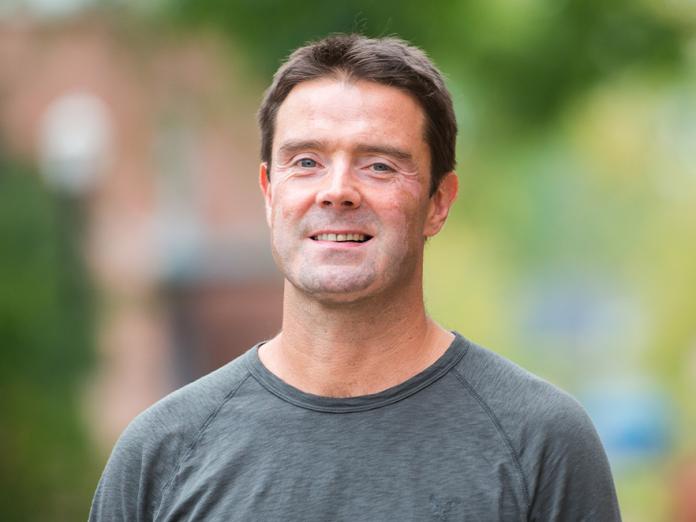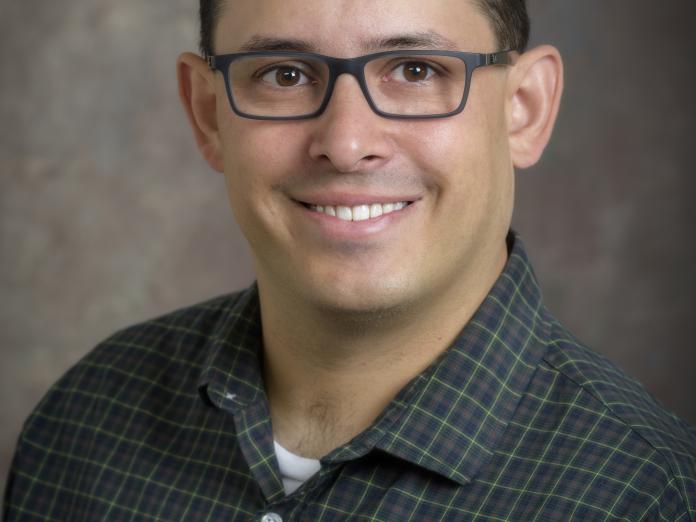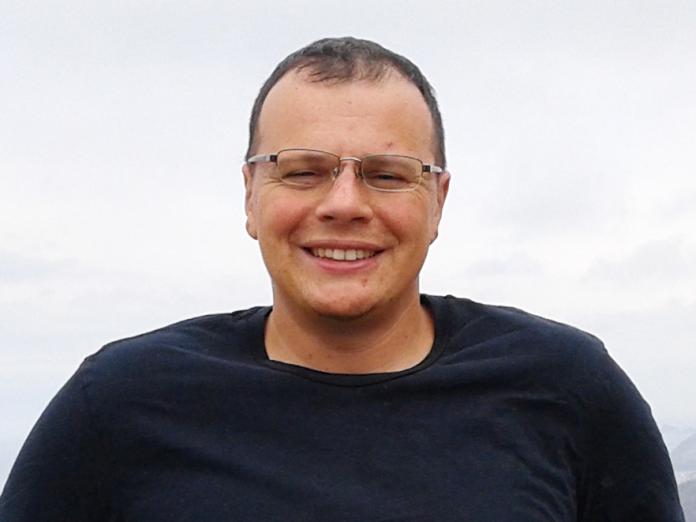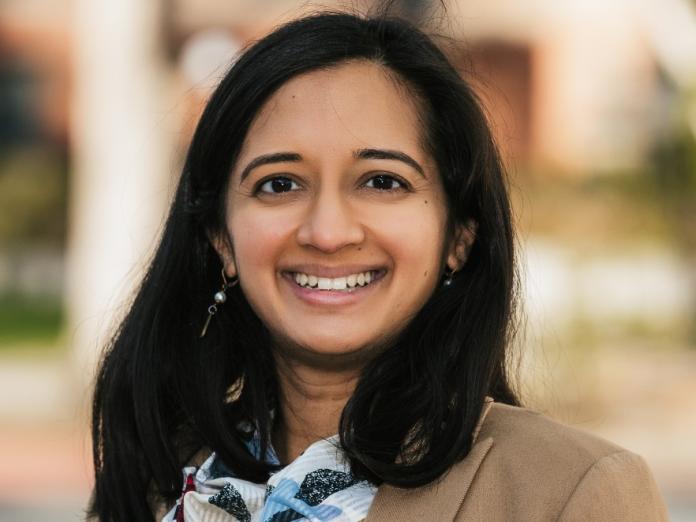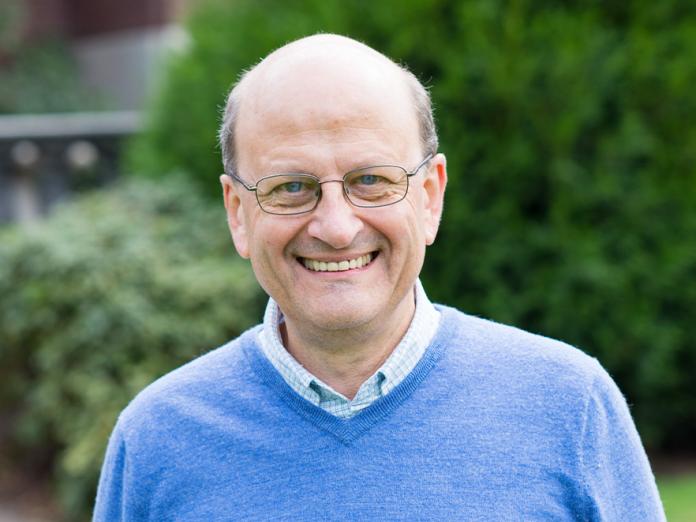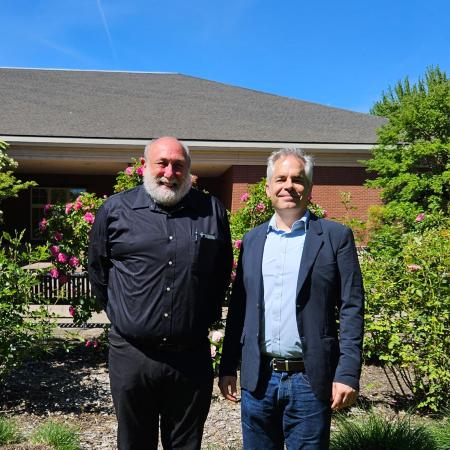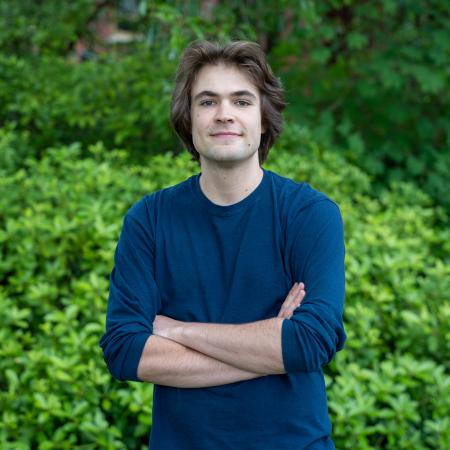Mathematical biology is a rich and diverse field at the intersection of mathematics and biology. Our faculty apply mathematical techniques to important biological problems in collaboration with students and faculty from several ecological and biological departments from across Oregon State University and the world. Research topics revolve around the mathematics of infectious diseases, deterministic and stochastic models of population dynamics, spatial ecology and genomics, among others.
Mathematical biology research faculty
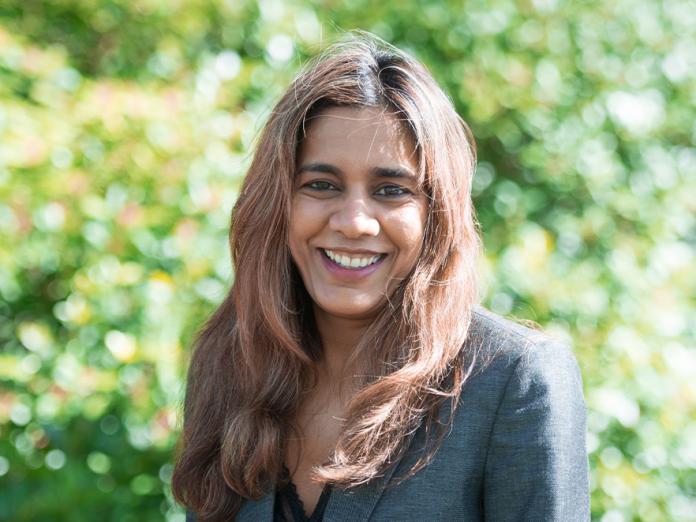
Vrushali A. Bokil
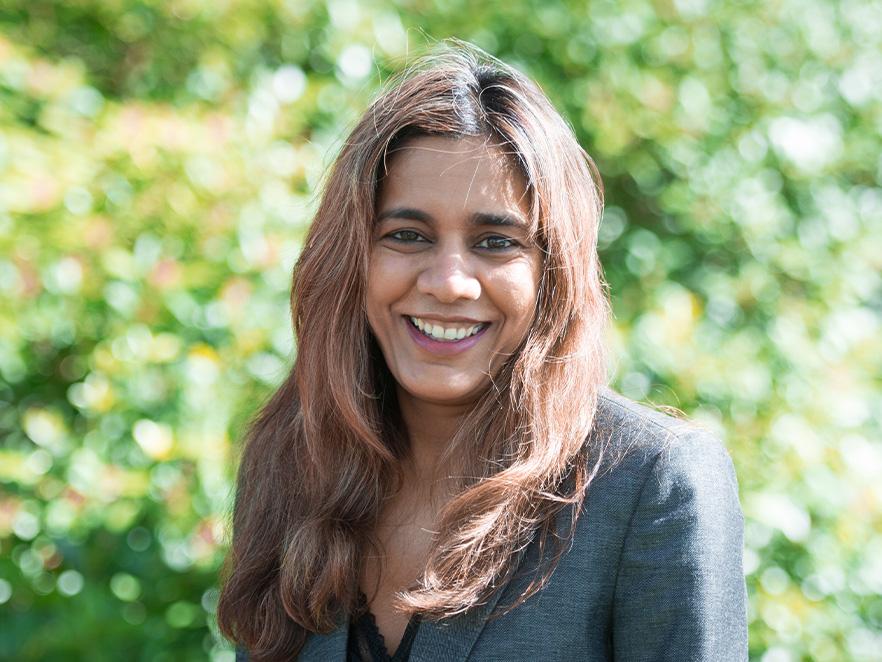
Vrushali A. Bokil
Associate Dean of Research – College of Science, Professor
Professor Bokil's general research interests are in applied mathematics, scientific computing, numerical analysis and mathematical biology. Her primary research interests are in the numerical solution of wave propagation problems. Specifically, she has conducted research on the numerical solution of Maxwell's equations using a variety of finite difference and finite element methods. Bokil is also working on several problems in mathematical ecology which involve the construction and analyses of deterministic and stochastic models for applications in population dynamics, epidemiology and spatial ecology.
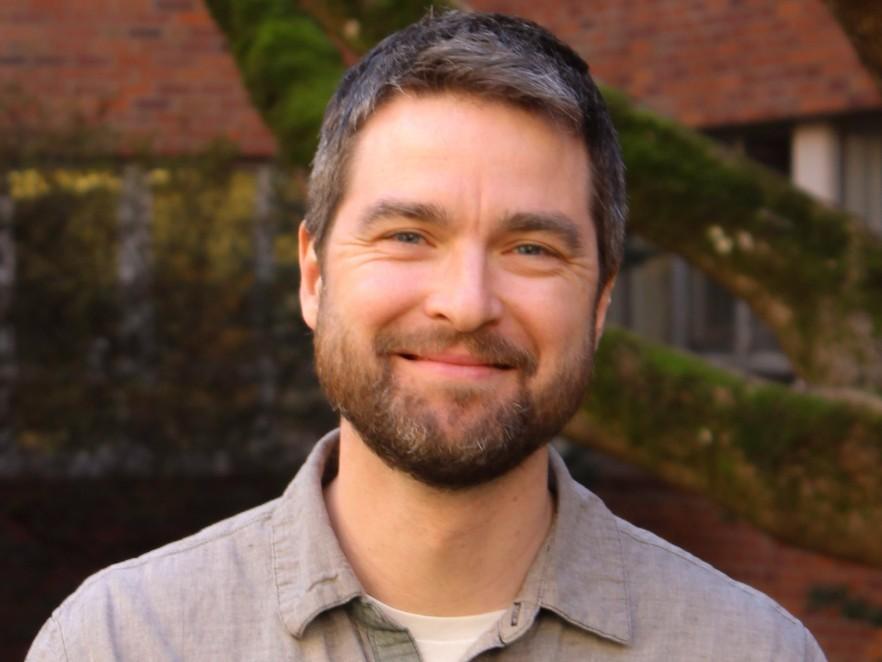
Benjamin D. Dalziel
Assistant Professor
I have broad interests in ecological and evolutionary dynamics, particularly related to population health, and to the maintenance of biodiversity. I am particularly interested in (i) the ecology and evolution of infectious diseases, especially the impact of host population structure on pathogen spread and diversification and (ii) how collective behavior affects trophic interactions and ecosystem stability. To address these questions I work with students and collaborators at the interface of mathematical models and empirical data.
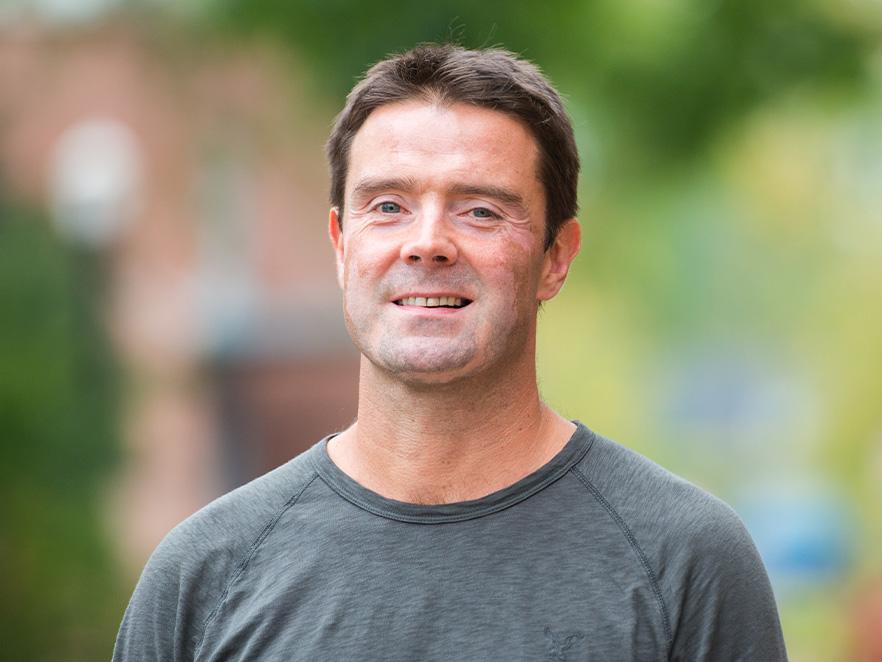
Patrick De Leenheer
Professor
My research interests are in mathematical biology and dynamical systems. I've worked on problems in ecology, epidemiology, bioreactors, chemical and biochemcial reaction networks, social networks, physics and graphs. Some of this work has been in collaboration with natural scientists. Most of the models I work on are examples of dynamical systems (ODEs, PDEs, linear and nonlinear maps,etc) and I'm interested in both theoretical and applied problems arising in this context. Occasionally, I use ideas and methods from control theory, especially when there is a need to modify or influence the behavior of a given dynamical system.
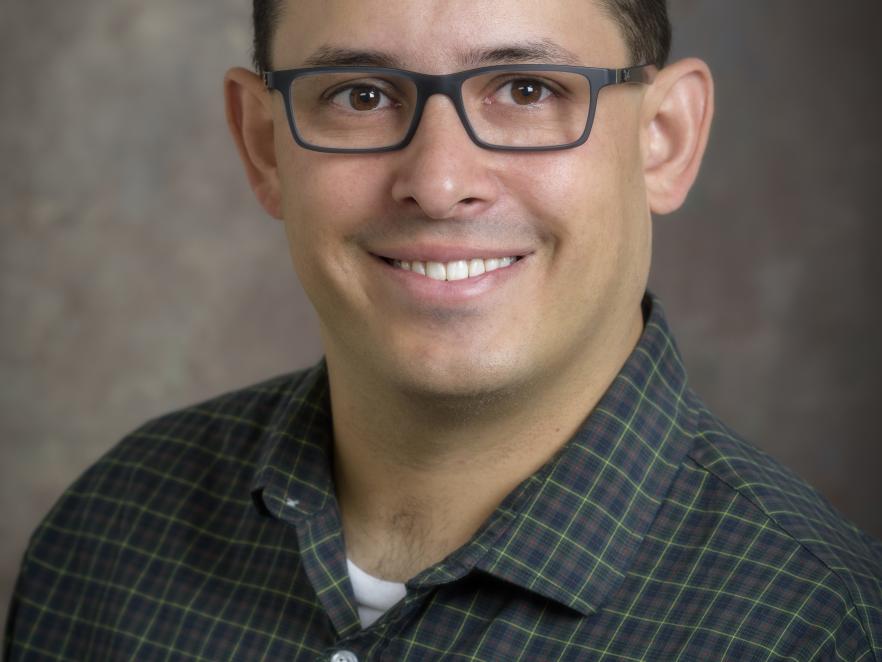
Chad Giusti
Assistant Professor
Research focus: Topological neuroscience; computation and coding in neural systems; development of topological, algebraic, and geometric methods for scientific applications; topology of spaces of configurations and embeddings
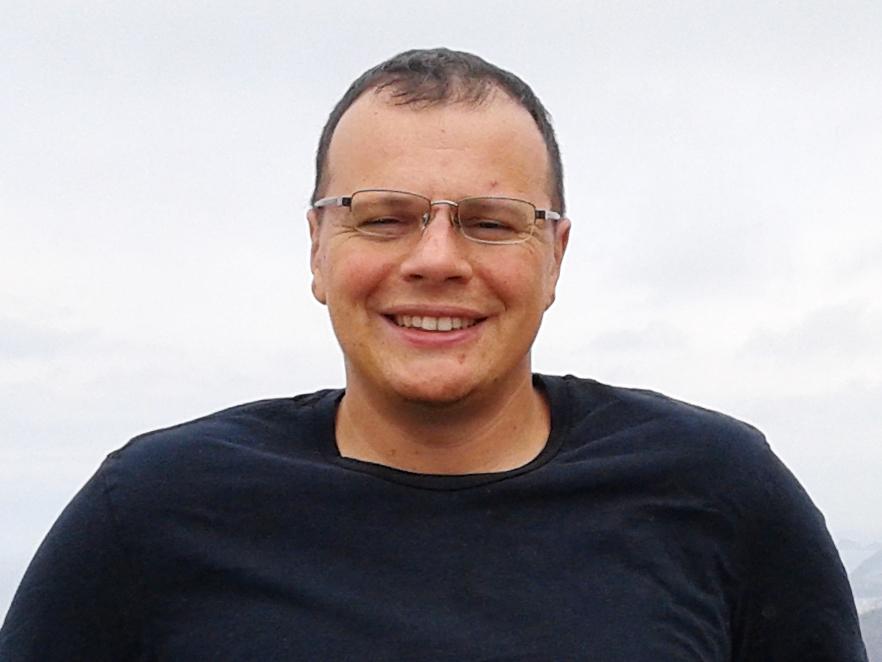
Yevgeniy Kovchegov
Professor
Yevgeniy Kovchegov works in the field of probability and stochastic processes. His research interests include the mathematical models of statistical mechanics, interacting particle systems, models of mathematical biology, stochastic self-similarity, and quantum computation. Kovchegov's work is centered around the following topics: self-similar random trees; extending the probabilistic coupling method; orthogonal polynomials in stochastic processes, probability and statistics; mixing times; quantum walks and quantum computation; chaos and fractals; applications of probability theory in biological systems, geomorphology, computer and wireless networks, network coding, and environmental sciences.
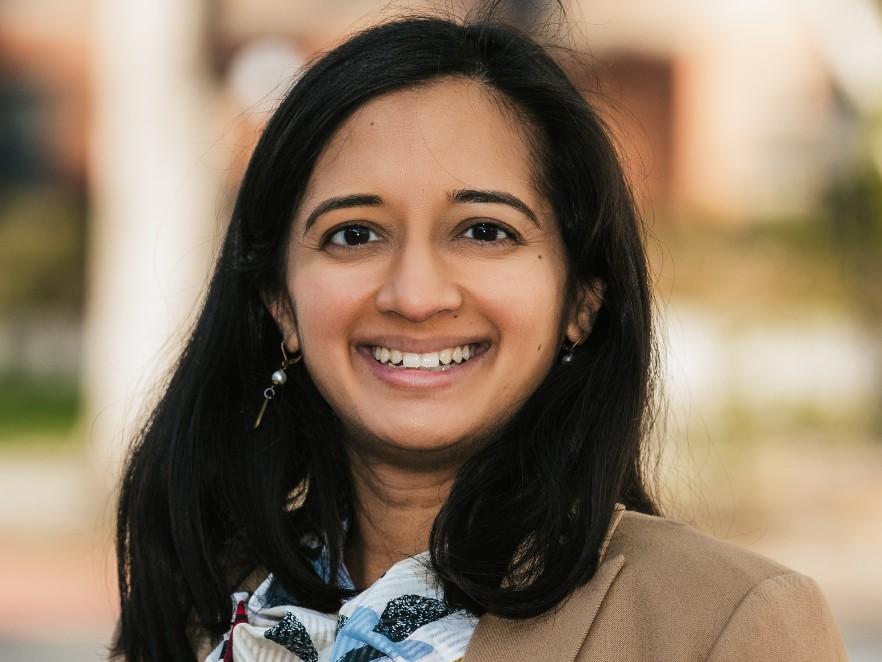
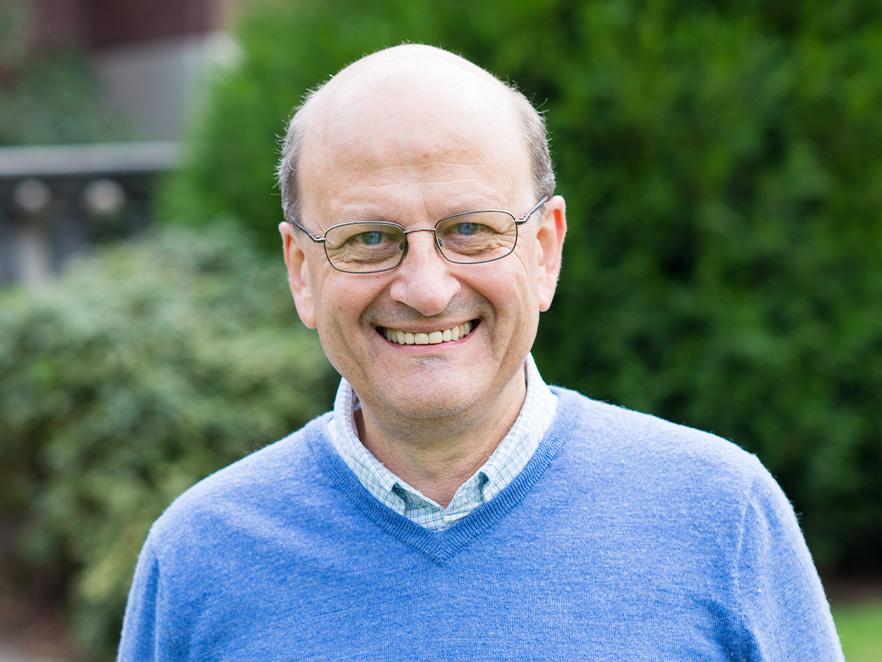
Enrique A. Thomann
Professor
Thomann's research is primarily in problems in partial differential equations arising from fluid mechanics. He also collaborates with colleagues in other departments, as well as in the Mathematics Department, in the development of mathematical models to problems in Ecology, Oceanography, Hydrology and management of Natural Resources.
Courses in mathematical biology
- MTH 427/527 Introduction to Mathematical Biology
- MTH 428/528 Stochastic Elements in Mathematical Biology
